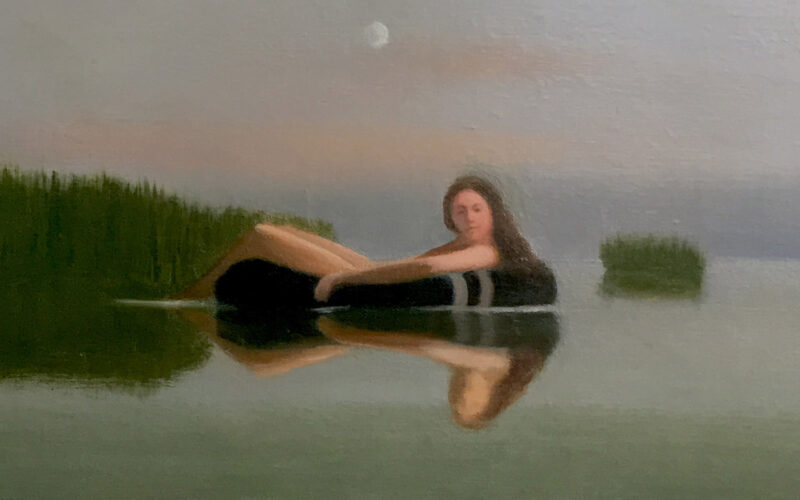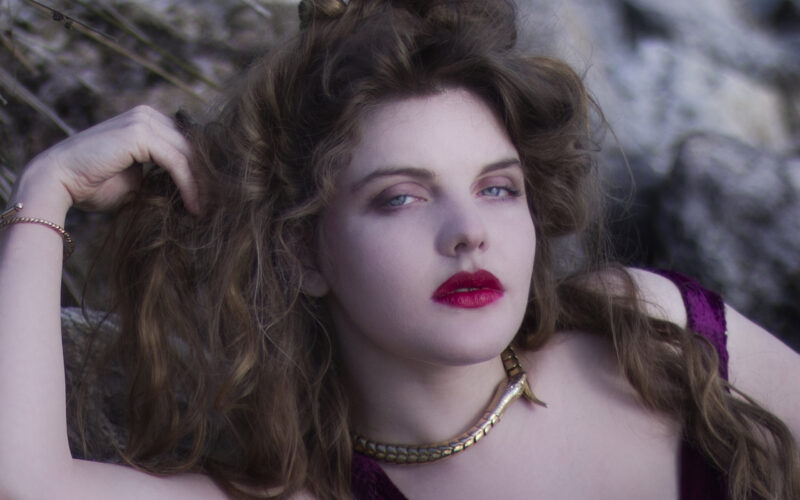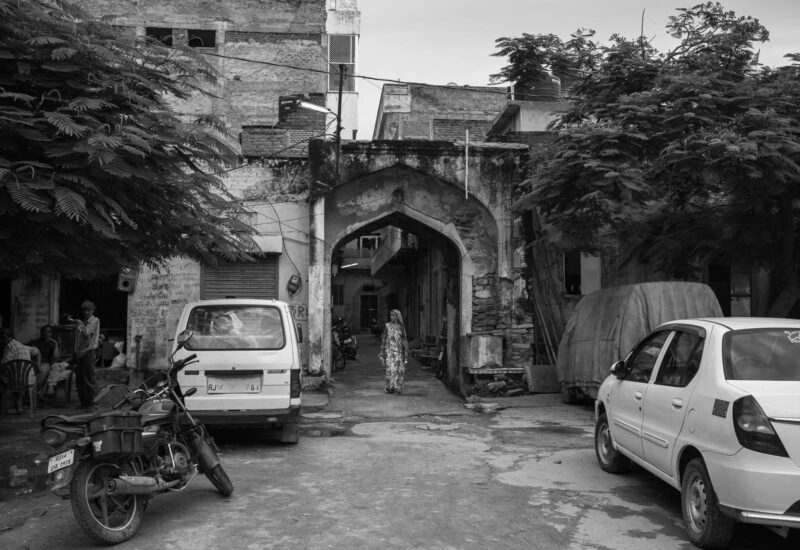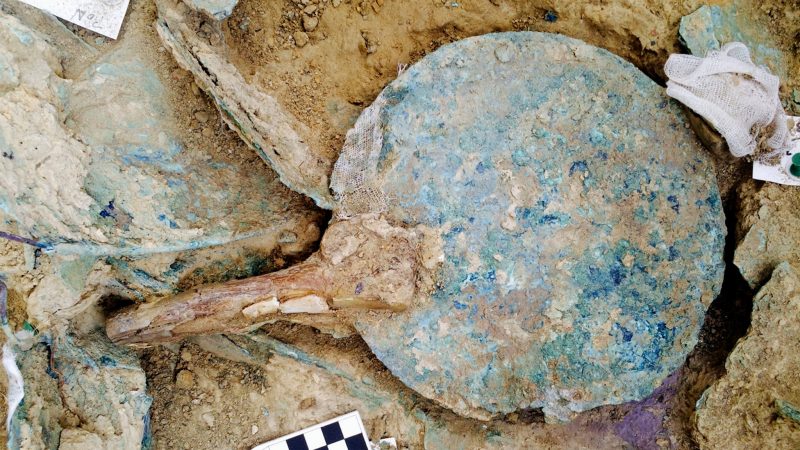On set with legendary composer ANGELO BADALAMENTI.
(Buy Alter Ego Issue for the full interview and more)
article by RACHEL KOLARIK
behind the scene images by SHIJING WANG
Shh…Have you heard? Twin Peaks is returning to television.
Anyone familiar with the iconic series of the early 1990s and its cult following will recall the haunting musical themes that helped shape David Lynch’s complex microverse.
The music that set the tone for the unraveling of a place whose seemingly wholesome shell had been punctured by the discovery of Laura Palmer’s body will forever echo in the antechambers of the entertainment industry.
Danger, or a shaky peace bound in mystery and peril always await you just below the surface in Twin Peaks, and Angelo Badalamenti is well attuned to giving that feeling a musical identity.
On the process of creating music for a series rather than for a film, the composer says, “Television is creating themes for characters who come back every week. You orchestrate and rearrange them to build a library of sounds, but the theme still relates to those people. You don’t have that opportunity in a two-hour film.”
Indeed, with Twin Peaks, it seems as though certain themes were tied in with individual characters and certain pieces would be played at fitting moments, “It’s a series,” he says, “These themes get repeated with these characters and even twenty-five years later, the characters change – physically. They are not quite the same, but the music transcends age. It’s got beauty, but with darkness and sadness. Just as Laura Palmer is beautiful, there’s something menacing under the surface… We’re all part of that world.”
Veritably, “that world” is a place unknown – a place of otherness that we just can’t quite put our collective finger on. This is likely why many consider it dark, but really it’s a bit like an enchanted mirror that shows something different to everybody – whatever makes them slightly uncomfortable for reasons they don’t quite yet understand, and perhaps never will… A place that the director and the composer have been collaborating for decades to bring us back to.
When we heard Badalamenti impersonate Lynch’s Montana-wholesome “Peachy-Keen. That’s the ticket!” in his Brooklyn accent (Lynch’s reaction to hearing Angelo’s work at their first meeting), we knew that we were viewing two halves of a singular vision; that Lynch and Badalamenti appear to be each other’s alter egos, complimenting and challenging one another to explore parts unknown. Badalamenti knows exactly how to score this mindset – how to bring the viewer deeper into the story through music.
The story behind the inception of the Twin Peaks theme is anything but flat: The words shared by Lynch and the sound created by Badalamenti as they sat on the piano bench that day are a true testament to the meeting of the minds between director and composer.
In creating the Twin Peaks Love Theme, Lynch came down to Badalamenti’s office one day to share his idea for a series called Northwest Passage. Angelo recalls, “He sat down next to me at the keyboard and said, ‘I haven’t shot anything, but it’s like you are in a dark woods with an owl in the background and a cloud over the moon and sycamore trees are blowing very gently.’ I started to press the keys for the opening chord to Twin Peaks Love Theme because it was the sound of that darkness… The words inspired me.”
Other than being a prolific film composer whose creative influence helped shape the cultural landscape of the late 20th century into the present, Badalamenti is a brilliant and animated storyteller who has some incredible stories to share, tales that go off in all directions and involve significant people and historical events – but are always rooted in the music. His music.
The vast scope of his talents have ranged from his musical contribution to the 1992 Summer Olympics, to a charity project in which David Bowie and Bono vied for the opportunity to sing on the composer’s rendition of Gershwin’s, A Foggy Day in London Town. (Bowie called in first!)
One especially poignant story he told us involves an incident with Sir Paul McCartney at Buckingham Palace. Angelo tells it, “I got a call from his office: “Paul would love for you to come out to Abbey Road Studios for an orchestration project; it would be you and him and the engineer and an orchestra.” I said, “I’m too busy on a movie.” They come back with, “Paul will do anything, he’s gotta have you. We’ll send you on Concorde back and forth.” I go out and meet with Paul. I’m rehearsing the orchestra, everything is going great and he comes over to where I am by the conductor. “Stop the orchestra, it sounds fine,” he says, “and let me tell you this: I was invited by the Queen’s office to perform forty minutes of my music at Buckingham Palace to celebrate her birthday. I was very excited. So the night of her birthday, my band is on stage, I’m about to go on and the Queen comes by and says ‘Mr. McCartney, it was so lovely to see you today. ’ And I said, ‘ Your Highness, thank you so much, I’m honored. I’m gonna go up and perform for you.’ ‘Oh, Mr. McCartney, I’m so sorry, I can’t stay. It’s five minutes of eight – I must go upstairs and watch ‘Twin Peaks.’” And Paul punched me on my arm; I’m still black and blue!”
However, things weren’t always so peachy-keen for Angelo. He experienced his fair share of trials along the way, and attributes his success to a positive demeanor, the ability to be bold, yet charming, and most importantly: being in the right place at the right time.
He was kind enough to have us over to interview and photograph him at his home in New Jersey. Photographer Sasha Maslov strove to capture Badalamenti’s expressiveness and his energy through his photographs, in which the composer seems to emerge out of an infinite darkness in the background.
Join us for the full interview as we discuss in-depth his creative journey: What brought him from Bensonhurst to Blue Velvet to The Beach, and his hurdles and breakthroughs along the way.






